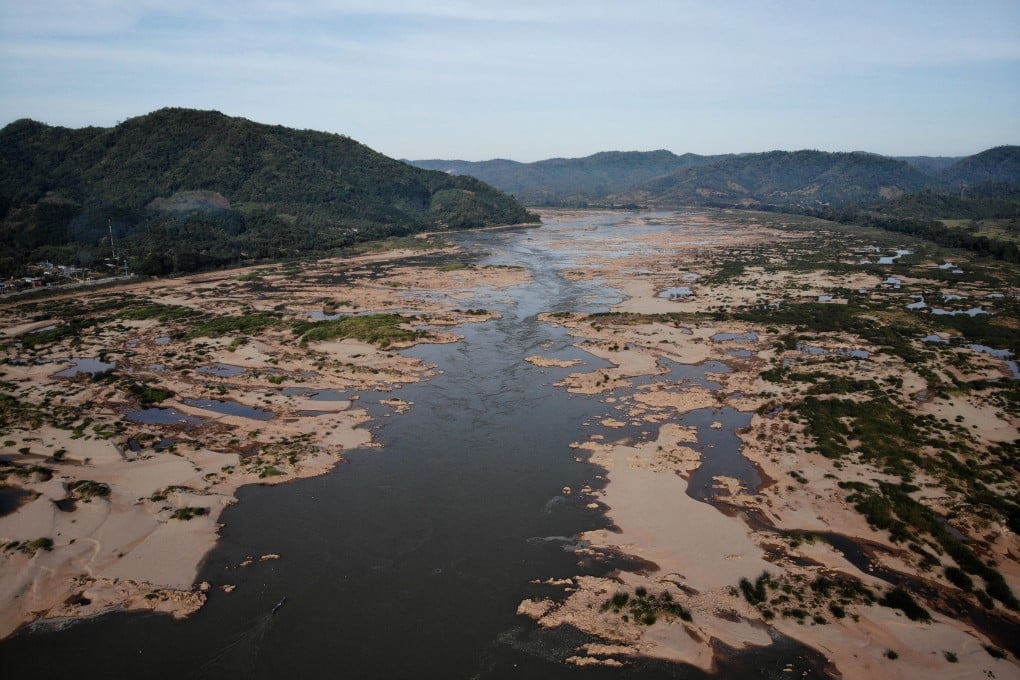Advertisement
Opinion | Asean’s focus on Mekong issues is crucial for region’s water security
- Last month’s first-ever Water Security Dialogue showed the importance of involving young people and focusing on water resources development
- As a historic show of unity between Asean and the Mekong River Commission, it will serve to enhance the ability of regional governments to tackle risks
Reading Time:4 minutes
Why you can trust SCMP
0

For much of Southeast Asia, water security and climate resilience has become the defining issue of our time. Unpredictable rainfall and severe droughts and floods are already a reality across the region. With much of our population living just one metre above sea level, rising seas will have a devastating impact on all our economies, reversing decades of growth and stalling efforts to lift more people out of poverty.
This is one major reason that closer cooperation is crucial between Asean’s 10 member states and the Mekong River Commission, an intergovernmental organisation established in 1995 whose members are Cambodia, Laos, Thailand and Vietnam.
Last month, the Association of Southeast Asian Nations and the MRC came together for their first-ever Water Security Dialogue. This historic show of unity was aimed at charting a course not just for the future of around 70 million lives that depend on Southeast Asia’s longest river, but for the economies of the region and beyond.

The dialogue resulted in two key takeaways. First was the importance of involving the region’s youth in water security issues. There are currently around 213 million young people aged between 15 and 34 living in Asean member states and a peak population of just over 220 million is expected by 2038, according to the Asean Youth Development Index. Cultivating youth-led initiatives in the community and supporting studies on the health of the river basin and good water management are just some ways we can empower young people to become effective water managers of our water resources.
Second, the dialogue highlighted the value that the MRC’s long-standing focus on water resources development can bring to Asean as a whole. Not only from a technical perspective, but from how the MRC has worked together, in spite of differences, by staying committed to objective science and robust planning. We have seen early examples of how our experience can benefit Asean member states. Malaysia, which experiences annual flooding during the monsoon season, has sent its engineers to visit the MRC Secretariat to learn from our expertise in basin planning, climate change and integrated water resources management.
Advertisement

